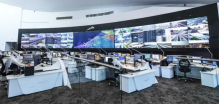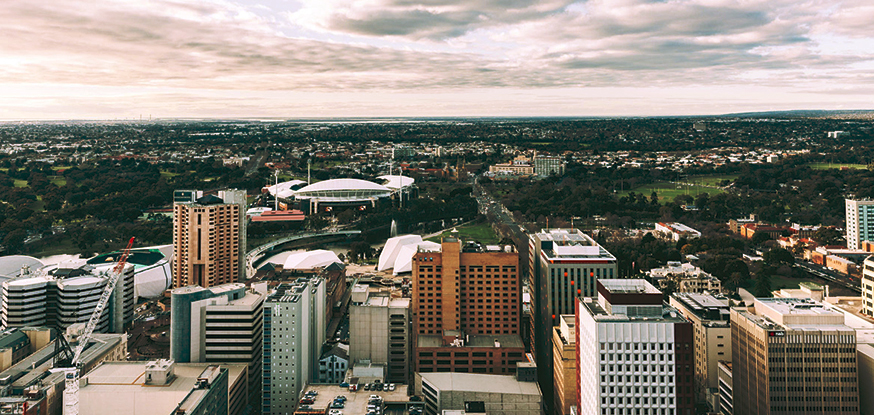SA Water said that during the first stage of its smart water network program, it integrated more than 4000 sensors across the Adelaide Central Business District which prevented 15 water main breaks or leaks since monitoring and collecting data began in July 2017.
Dr. Helen Edmonds said the deployment of the smart water network program was the largest in Australia. She hailed its impact and said it provided them with data that enabled them to make decisions in real-time.
Edmonds said, "The combination and volume of sensors installed across the water network in Adelaide hasn't been seen before, and is delivering outcomes and learnings that will be applicable right across the country. As engineers, we've been immersed in rich data that's helping us make informed decisions, but as South Australians striving to deliver a world-class service for our customers, we're making vital inroads to deliver a better customer experience."
Edmonds added that its network performance is among the best in Australia, and that any water main break or service interruption has an impact on their customers, stressing that their primary aim was to reduce that as much as possible.
Edmonds added, "Identifying a potential leak and intervening has been hugely rewarding, but there's also been a sense of accomplishment in analysing the data and understanding the immediacy of some sudden ruptures that didn't offer any warning signals."
Edmonds said the data was collected through 305 acoustic leak detection sensors, 34 pressure sensors of which 23 are transient loggers, 11 flow meters, three water quality monitors, and 100 smart meters on customer connections. The information is transmitted over long-term evolution and narrow band technologies to an analytics platform, at 5 to 15 minute intervals.
The acoustic sensors, or accelerometers, cover an average range of 150 metres and monitor around 50% of the water main network in the Adelaide CBD, with a focus on cast iron pipes in areas where the potential customer impact of a break is greater.


















